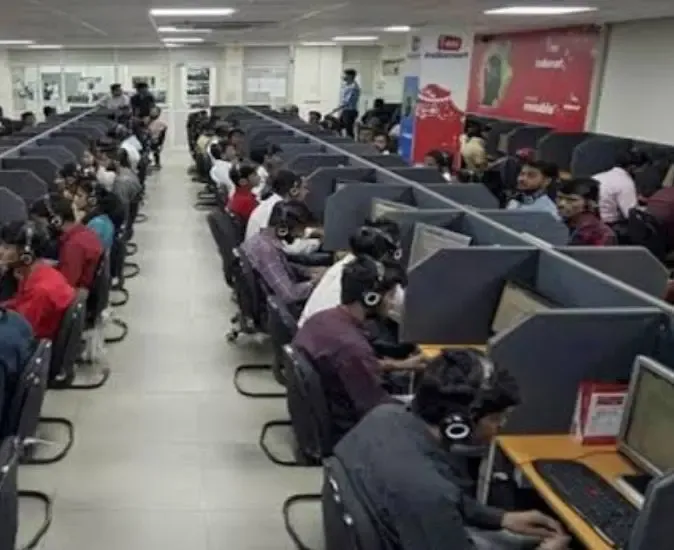Indian Enterprises Must Emphasize Employee Financial Health in 2025: Study

Synopsis
Key Takeaways
- 46% of organizations prioritize financial well-being programs.
- 55% of leaders recognize financial stress as a productivity issue.
- 30% are adopting flexible pay models.
- Modern payroll systems are vital for compliance and employee satisfaction.
- Employees expect consumer-grade payroll experiences.
Bengaluru, March 5 (NationPress) As India's businesses continue to experience stable economic growth, focusing on employee financial well-being—including flexible pay models, salary-linked financial support, and personalised benefits—is emerging as a pivotal concern for HR and payroll departments in 2025, according to a recent report released on Wednesday.
The study conducted by ADP, a global technology firm, revealed that 46 percent of businesses in the nation have pinpointed the enhancement of financial well-being programs to better assist their workforce as their primary focus this year.
The findings indicate that financial stress is increasingly seen as a significant element affecting employee productivity, engagement, and retention. Over half of the surveyed business leaders (55 percent) recognized that alleviating financial stress is a crucial area where payroll systems can positively affect the employee experience.
“Promoting financial well-being goes beyond just raising salaries; it involves equipping employees with the essential knowledge and tools,” stated Rahul Goyal, Managing Director of ADP India and Southeast Asia.
“Making sure that employees grasp financial, tax, and payroll procedures when they join the organization cultivates long-term financial stability. Continuous coaching and educational sessions can bolster confidence and empower employees to make sound financial decisions,” he added.
The report, which is based on insights from over 300 HR, payroll, and finance leaders, indicated that businesses are implementing flexible pay models, salary-linked financial support, and personalised benefits that correspond with the various stages of employees’ lives.
Almost one-third (30 percent) of organizations are rolling out flexible pay models in response to workforce demands for greater financial flexibility, such as performance-based compensation and access to loans. Around 65 percent of payroll leaders express that managing compliance risks is extremely challenging.
Payroll teams are facing increasing pressure to adapt to changing tax structures, multi-state or cross-border regulations, and upcoming wage code reforms, which is leading to a transition towards automated governance frameworks and payroll technology solutions.
Companies are also pouring resources into modern payroll technologies to improve efficiency, data integration, and ensure data security and privacy, acknowledging that payroll contains essential employee information, the report noted.
Employees now anticipate a user experience that meets consumer-grade standards, equipped with advanced features and functionalities to help them manage the continuously evolving compliance landscape. Nevertheless, 30 percent of organizations report scalability and customization challenges, while 28 percent cite high costs as hurdles to widespread implementation.
As a result, only 12 percent of companies claim to have a payroll function fully prepared to meet future workforce needs, according to the report.
Goyal emphasized that the report highlights an urgent necessity for businesses to modernize their payroll systems. The objective is not solely to enhance efficiency but also to improve compliance readiness and meet growing employee expectations.









